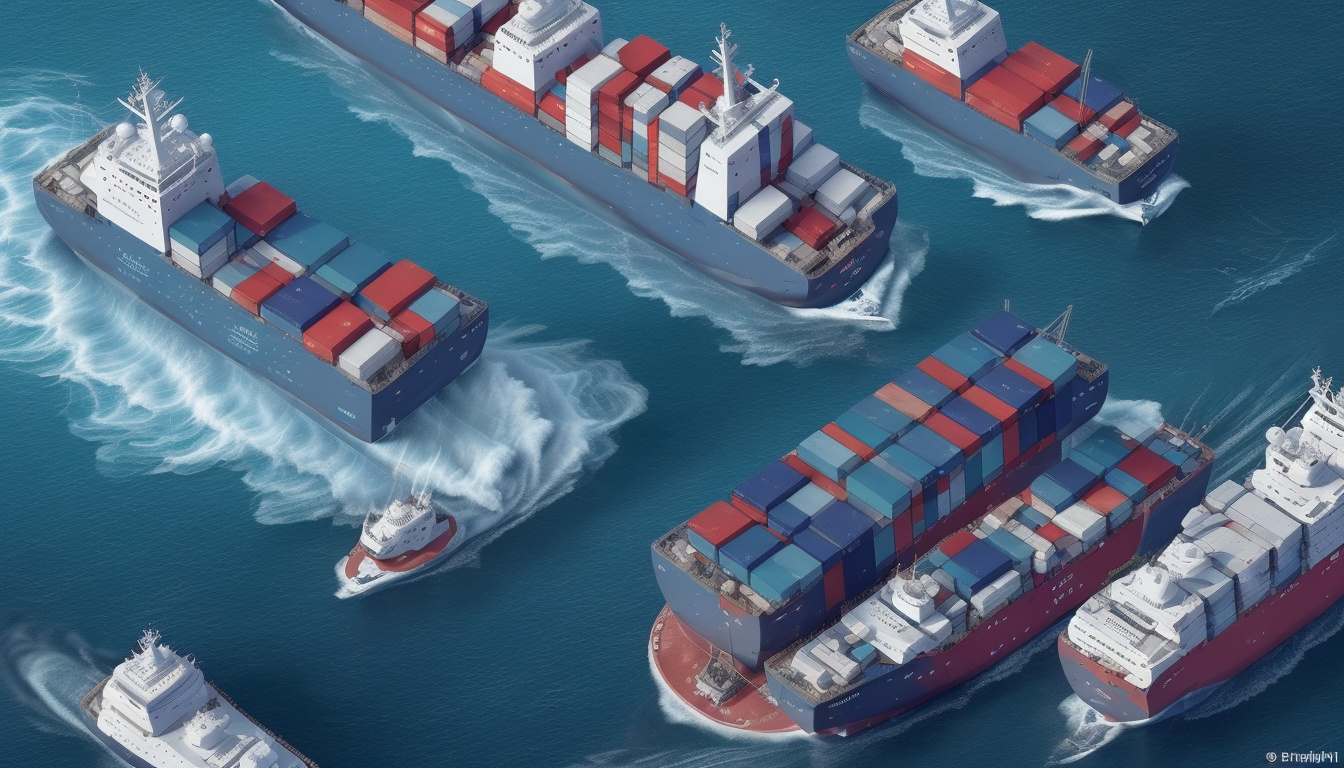NorthStandard Highlights Data Sharing as a Key to Advancing Technology and Enhancing Crew Wellbeing
July 10, 2025 — In a recent exclusive interview with Captain Yves Vandenborn, Head of Loss Prevention, Asia Pacific at NorthStandard, significant insights were shared on the critical role of data sharing, technology, and education in improving seafarer wellbeing and resilience at sea. Addressing industry challenges and future priorities, Captain Vandenborn emphasized the essential relationship between crew welfare and safe, efficient ship operations.
The Strategic Importance of Crew Welfare
Captain Vandenborn pointed out that the COVID-19 pandemic underscored the vital role of seafarers and the urgency of addressing their welfare needs. In recognition of their importance to global trade, the International Labour Organization (ILO) amended the Maritime Labour Convention (MLC) in April 2025, officially designating seafarers as ‘key workers.’ This change has paved the way for clearer regulations concerning shore leave, improved onboard health protocols, easier access to medical services, and ongoing support.
“This acknowledgment highlights the direct link between crew wellbeing and safe, effective vessel operations,” Vandenborn explained. Ensuring the health and welfare of seafarers is no longer peripheral but central to operational strategy.
Defining Resilience for Seafarers
Resilience is critical for seafarers who often endure extended periods away from home, managing complex responsibilities and navigating unforeseen challenges, sometimes under adverse conditions. Captain Vandenborn described resilience as not only the ability to persevere through stress and demanding tasks but also having access to support systems and frameworks that mitigate such stress.
“We must equip seafarers with appropriate training and resources that help them manage both the psychological and physical demands of their unique environment,” he stated. Programs and procedures designed to support mental health and stress management onboard are essential to fostering this resilience.
Current Challenges Impacting Crew Wellbeing
Seafarers today face numerous challenges that impact their physical and mental health. Extended contracts, reduced crew numbers, and the physically and mentally demanding nature of maritime work continue to pose risks. Captain Vandenborn also noted that insufficient medical insurance coverage during off-contract periods often leads seafarers to delay or avoid treatment.
In addition, the multicultural environment onboard calls for greater awareness of cultural and religious sensitivities to promote mutual respect among crew members. Such social factors play a profound role in mental wellbeing.
Shipowners are confronted with myriad solutions promising improvements in crew welfare, ranging from service providers to apps. However, Vandenborn cautions that proper evaluation is needed to discern effective measures from superficial ones. NorthStandard aims to support shipowners in making informed decisions about new human resource services and technologies designed to uplift crew welfare.
Health Risk Factors and Emerging Trends
An analysis of health-related claims within NorthStandard’s International Group of Protection & Indemnity (P&I) Clubs reveals persistent patterns: varying health issues affect different nationalities, but underlying causes remain consistent worldwide. Captain Vandenborn advocates for intensified education efforts targeting these root causes to empower seafarers in managing their health proactively.
“Education is foundational, but it must be complemented with practical tools and accessible resources that enable seafarers to maintain and improve their wellbeing,” he said.
Technology’s Role in Advancing Crew Welfare
In recent years, technological advances have markedly improved conditions at sea. For example, increased access to affordable onboard internet has strengthened communication links between seafarers and their families, reducing isolation and mental stress. Although the interview was truncated, it is clear that technology remains a focal point in NorthStandard’s strategy to enhance safety and crew welfare.
Data Sharing—The Missing Link
A standout message from Captain Vandenborn was the critical need for greater data sharing within the maritime industry. Despite the ability of modern technology to collect and analyze data on health, safety, and wellbeing trends, resistance remains—particularly in sharing sensitive information about crew illness and injuries, even among closely connected parties like the International Group of P&I Clubs.
“We need a culture shift toward more openness in sharing anonymized data. Only then can we develop truly effective technologies and programs tailored to seafarers’ needs,” he emphasized. Increased collaboration and transparent data exchange are essential to innovate solutions that protect and empower the workforce at sea.
As NorthStandard continues to champion the welfare of seafarers, the focus remains on integrating education, technology, and collaborative data efforts to foster resilience and wellbeing in one of the world’s most challenging occupational environments.
For further insights and updates on crew welfare, maritime safety, and technology, stay connected with SAFETY4SEA.










